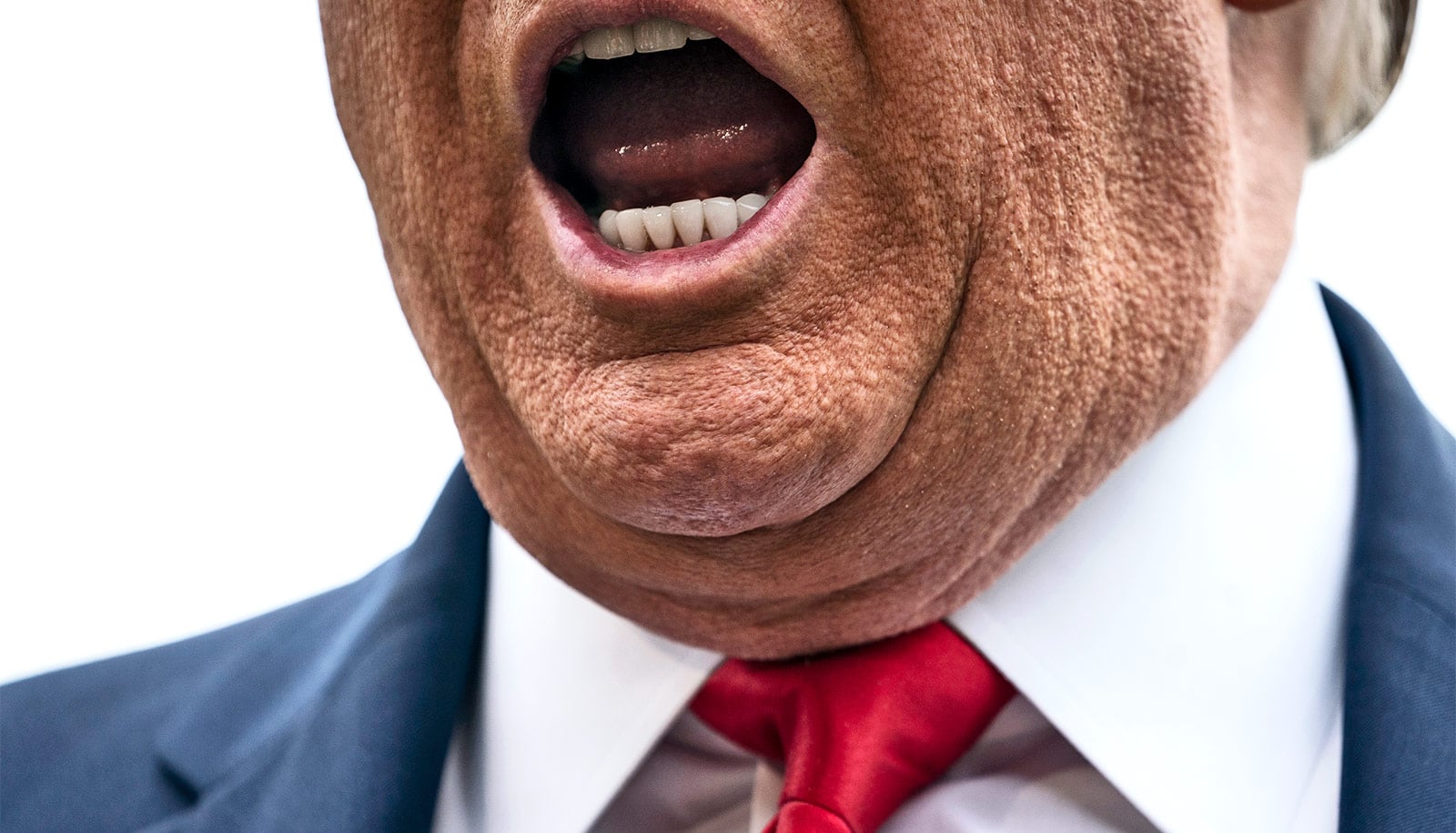Researchers have found people are more successful at identifying language associated with Republican speech than Democratic speech patterns.
“While other studies have shown that people can detect social categories like the race and gender of a speaker based on word choice, there hasn’t been work on whether that’s true for ideology,” says study contributor Danny Oppenheimer, professor of social and decision sciences in the Dietrich College of Humanities and Social Sciences at Carnegie Mellon University.
“[Political] ideology is a hidden variable, you can’t tell by looking at someone what party they identify with, but many of these invisible categories are still detectable based on linguistic cues.”
The team examined whether or not people can connect a political party to specific words. The team did not examine politically tinged speech, like inheritance tax versus death tax, but how synonyms are used by each party. Examples include “financial versus monetary,” “colleague versus friend,” or “folks versus people.”
To explore this concept, the research team conducted four experiments to evaluate if participants could successfully match the synonym with the correct party at a rate greater than chance.
In the study, the researchers used machine learning to scan the Congressional Record (2012 to 2017) and the presidential debate corpora to isolate linguistic variation between the two political parties. They identified 8,345 words that were part of the Republican corpus and 7,873 with the Democratic corpus.
The results of the four studies showed that even controlling for the dictionary definition of the word, the participants are more likely to associate “Republican language” with Republicans.
Oppenheimer believes the results of the study may skew more Republican because the five-year period of the study coincided with Republican control of the White House and Congress. He also notes that the majority of participants in the four studies self-identified as liberal, and the verbal cues may be stronger and more easily identifiable to those outside the party.
In addition, the Congressional Record may not be representative of the variety of political speech people hear on a daily basis, which is more complex and adds context to the language used.
“The language we use is predictive, and humans are amazing at picking up on the subtle social cues of language,” says Oppenheimer. “In a world where we are trying to create inclusion, if there are simple linguistic cues that we can [use] to make people feel less ostracized then that could be generally helpful to move toward these social goals.”
The results appear in PLOS One.
Source: Carnegie Mellon University



